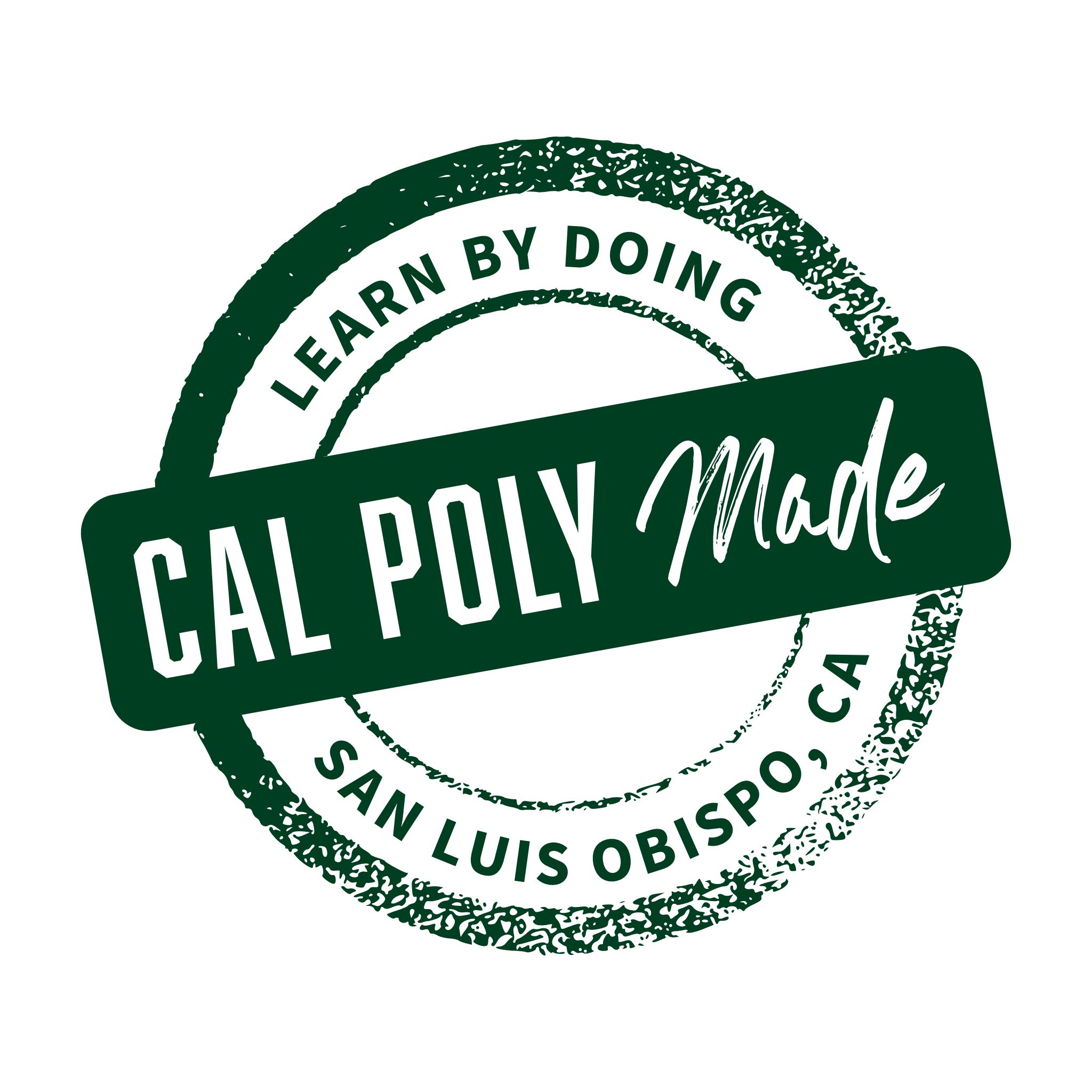FSN Department’s Commitment to Building an Inclusive and Equity-Minded Community
We, the Food Science and Nutrition faculty and staff work to promote a collegial environment with the ultimate goal being a culture that embodies the principles of diversity, equity and inclusion. We work beyond the traditional definition of collegiality, embracing an aspirational commitment to building an inclusive and equity-minded community for our department.
This goal is reflected in our continuing efforts to cultivate and maintain a positive environment for working and learning, in our relationships with one another, and in the practicing of this inclusive behavior with our students, colleagues, and in the broader community.
As faculty and staff of the Food Science and Nutrition department, we commit to this plan and to do the work towards a more inclusive and equity-minded community through engaging with the following core values, principles and practices:
Hold equity as a core value in our work, research, and activities within our department and in the broader community.
We work to distinguish between equality (treating everyone the same) and equity (giving everyone what they need to be successful). We adopt Bensimon, Dowd and Witham’s definition of equity “Equity, in contrast, means accounting for differences in individual attributes and experiences for the purposes of achieving equal outcomes”. (Bensimon, Dowd & Witham, 2020). We work to understand and apply Bensimon, Dowd and Witham’s Five principles for enacting equity by design, which are “1. clarity in language, goals, and measures is vital to effective equitable practices... 2. ‘equity-mindedness’ should be the guiding paradigm for language and action... 3. equitable practice and policies are designed to accommodate differences in the contexts of students’ learning – not to treat all students the same... 4. enacting equity requires a continual process of learning, disaggregating data, and questioning assumptions about relevance and effectiveness... and 5. equity must be enacted as a pervasive institution – and system-wide principle”. (Bensimon, Dowd & Witham, 2020)
Embrace Martin Luther King Jr.’s concepts of positive peace and the beloved community.
“He (MLK) encouraged instead movement toward “positive peace” which is the presence of justice. Positive peace and social justice demand a commitment to staying in dialogue with people across differences, even in the inevitable face of disagreements, misunderstanding and conflict.” (Pizana, 2018). We seek opportunities to support colleagues and we aim to be mindful of power dynamics that are implicit and explicit, such as those in less powerful or lower ranking positions and/or have social identities that have been historically marginalized. We seek to build awareness of our thoughts, opinions and actions that may be contributing to systems of oppression (unconscious bias, microaggressions, etc.) and we seek to understand and learn about our impact on others.
We support and value self-care and work/life balance for ourselves and others. This includes but is not limited to respecting those who are unable to participate to the same degree as others due to extenuating life circumstances. We practice understanding and kindness realizing that we may not know what others are facing. We work to build trust among one another, through offering support, being welcoming, practicing confidentiality, and being kind and honest. “We recognize the need for realistic workplans and are clear about how we make good decisions in an atmosphere of urgency” (adapted from Okun, 2021). We express appreciation by thanking people for their effort and participation. We celebrate one another’s accomplishments.
Participate and act with respect, integrity and concern for ourselves and others.
We participate and are present in meetings, workplaces, and classes, and value others’ participation and presence. We show integrity in our words and actions. Examples include not overcommitting ourselves, doing our best to follow through with commitments, and proactively communicating with one another. We show mutual respect to ourselves and one another in our communication and actions, recognizing that respect looks different for different people. Examples include asking questions, maintaining eye contact, thoughtful and kind communication, honesty, active listening, and being transparent.
Remain mindful of different lived experiences and commit to practice cultural humility.
We commit to practicing cultural humility. “Three factors guide a sojourner toward cultural humility. The first aspect is a lifelong commitment to self-evaluation and self-critique... the second feature of cultural humility is the desire to fix power imbalances where none ought to exist... finally, cultural humility includes aspiring to develop partnerships with people and groups who advocate for others” (Waters & Asbill, 2013). We value asking for and offering help. “We acknowledge that there is more than one right way to solve a problem” (adapted from Okun, 2021). We cultivate an atmosphere where diverse perspectives and lived experiences strengthen ideas. We ask questions to fully understand the perspectives of others and practice intellectual humility. “We challenge either/or thinking, such as with us/against us, right/wrong, and good/bad, and replace with both/and” (adapted from Okun, 2021).
Interrupt harm and accept responsibility for our individual words and actions.
Encourage growth in ourselves and others.
If you click on each point listed above there is further information, definitions and specified actions associated with that core value, principle or practice on the next page.

